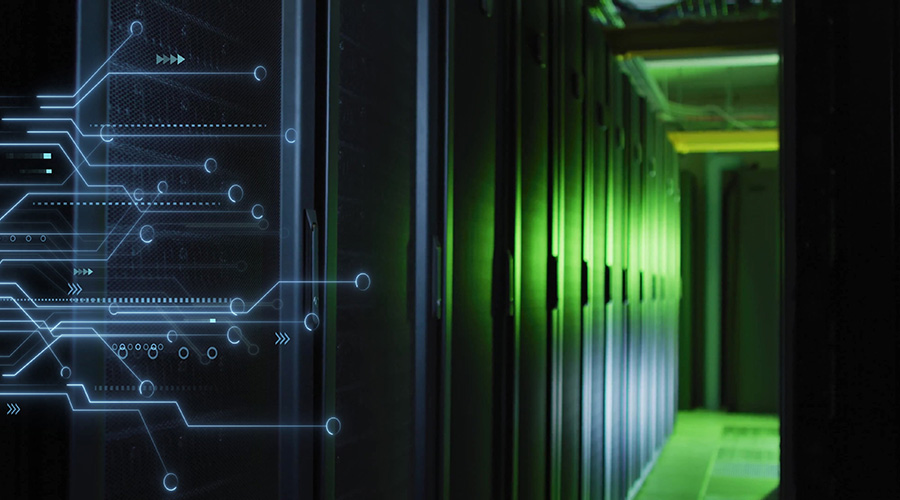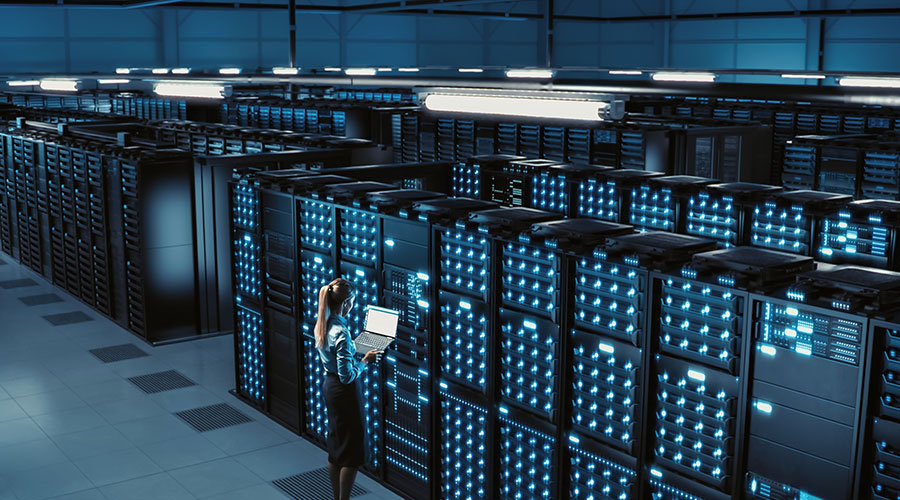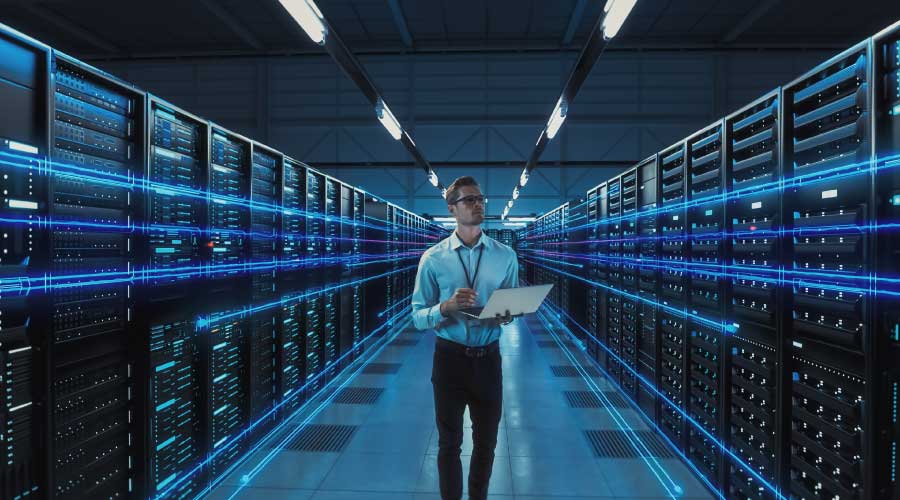Remote Access Helps Managers' Ability to Control Data Center Systems
Monitoring and reporting requirements might not be a top priority during renovations and upgrades of data centers, but they offer managers and their organizations a host of capabilities and can provide considerable value and payback.
Remote access to building automation systems (BAS) gives managers and system operators the ability to monitor and remotely control data centers' HVAC, lighting controls, and power-distribution systems continuously. This level of access provides immediate notifications and alarms that allow operators to correct trouble conditions in a timely manner.
During the planning stages of a data center upgrade, managers should establish the requirements to provide a fully integrated system.
Older facilities without a dedicated BAS eventually upgrade to a central controller, which is a crucial point because if managers do not consider long-term facility needs, value-engineering decisions can occur without the organization's long-term goals in mind.
Pre-programmed manufactured, local controllers designed for specific applications are typically a sound financial decision. But many of these systems are not designed with an open-source control protocol, such as BACnet or Modbus, that can integrate into a BAS. Even when local controllers are BACnet compatible, they might offer only local programming and limit the types of adjustments operators can make.
This issue is becoming increasingly important as HVAC systems are designed with smart programming, such as optimized predictive start-and-stop commands and automatic resets. These types of programming logistics often fall short due to the limitations of local controllers.
Managers can ensure local controls meet expectations by limiting them to basic programming for equipment components, such as direct-expansion air conditioning, heating-burner controls, and hard-wired safeties, while providing full BACnet readable and writable access to all associated control devices. These controls are available from the manufacturer, but ultimately a front-end workstation should read and control them.
Enhanced control and system monitoring of HVAC and power-distribution components provides benefits that go beyond immediate needs and affect broader efforts. In recent years, power and energy monitoring systems have become more important because managers can use them to benchmark and predict facility energy requirements.
When facilities fall short of energy benchmarks, these systems can diagnose the likely causes based on expected energy loads of specific systems and load types reported by individual submeters. As organizations place greater demands on critical facilities for energy efficiency, the ability to track and analyze energy consumption in these areas will become more critical.
Managers can meet these expectations by establishing schematics that illustrate facility energy requirements. It is also informative to establish where this information ultimately will end up. These systems provide multiple options of integrating with various computer-monitoring systems, and if not routed appropriately, the systems can end up reporting to different or multiple monitoring systems.
When planning for successful retrofits and upgrades of data-center equipment and systems, managers need to identify critical goals for the operation of their facilities. These goals often include resiliency in the event of component failure, adjustability in the face of changing facility requirements, and protection from hazards. Once these requirements are set, managers will be in a better position to improve upon the daily operation of data centers and deliver greater energy efficiency to their organizations.
Derek Tynan, CEA, LEED AP BD+C, is a senior project engineer with Horizon Engineering Associates. He is responsible for executing and managing commissioning, retrocommissioning and energy-auditing services.
Related Topics:















